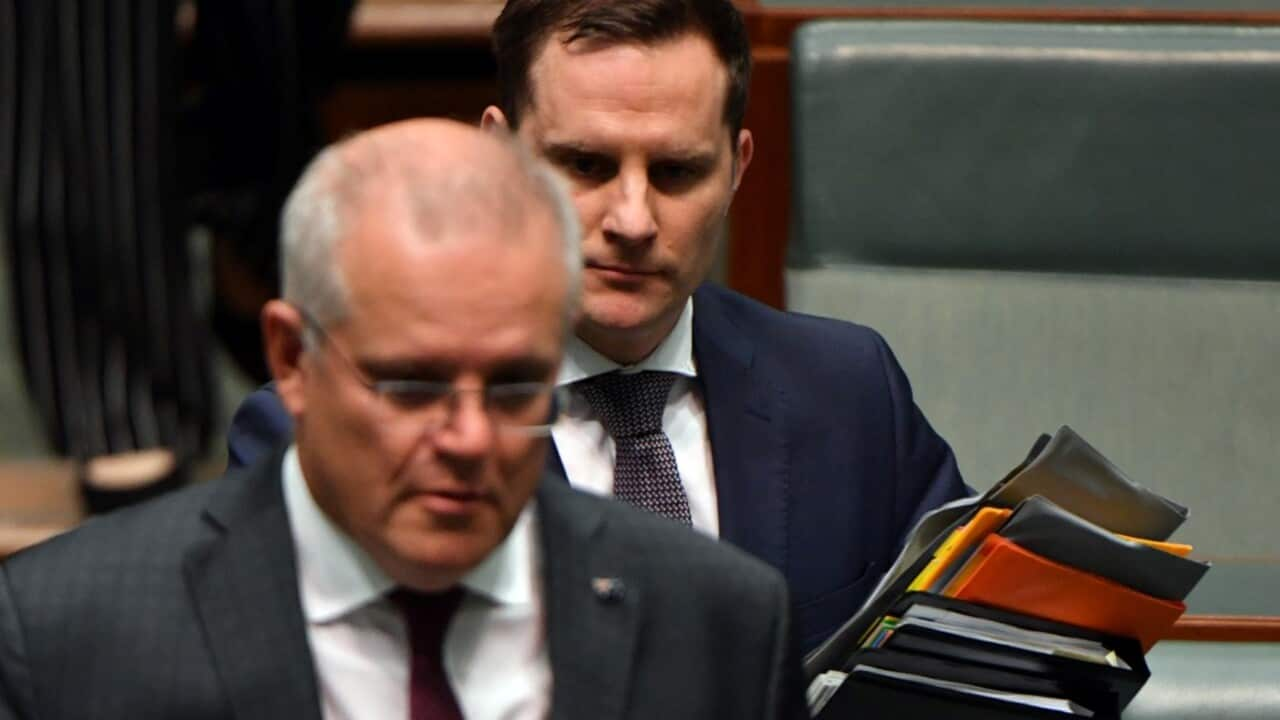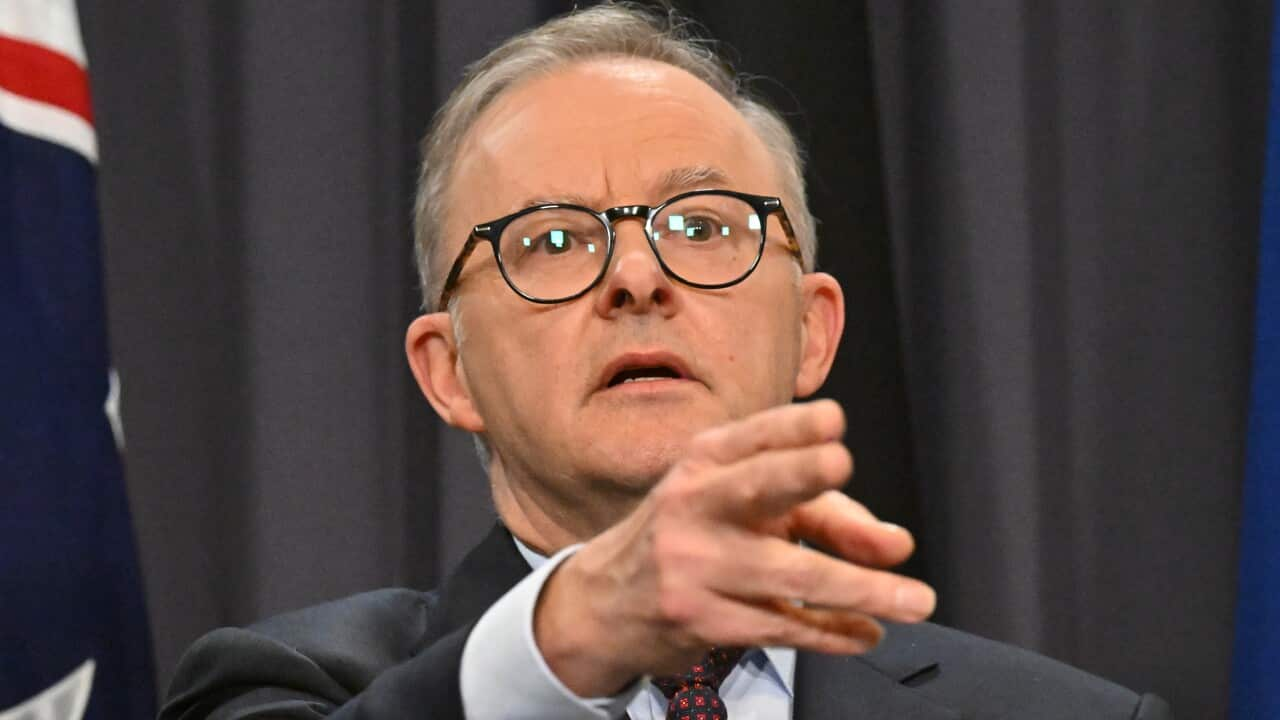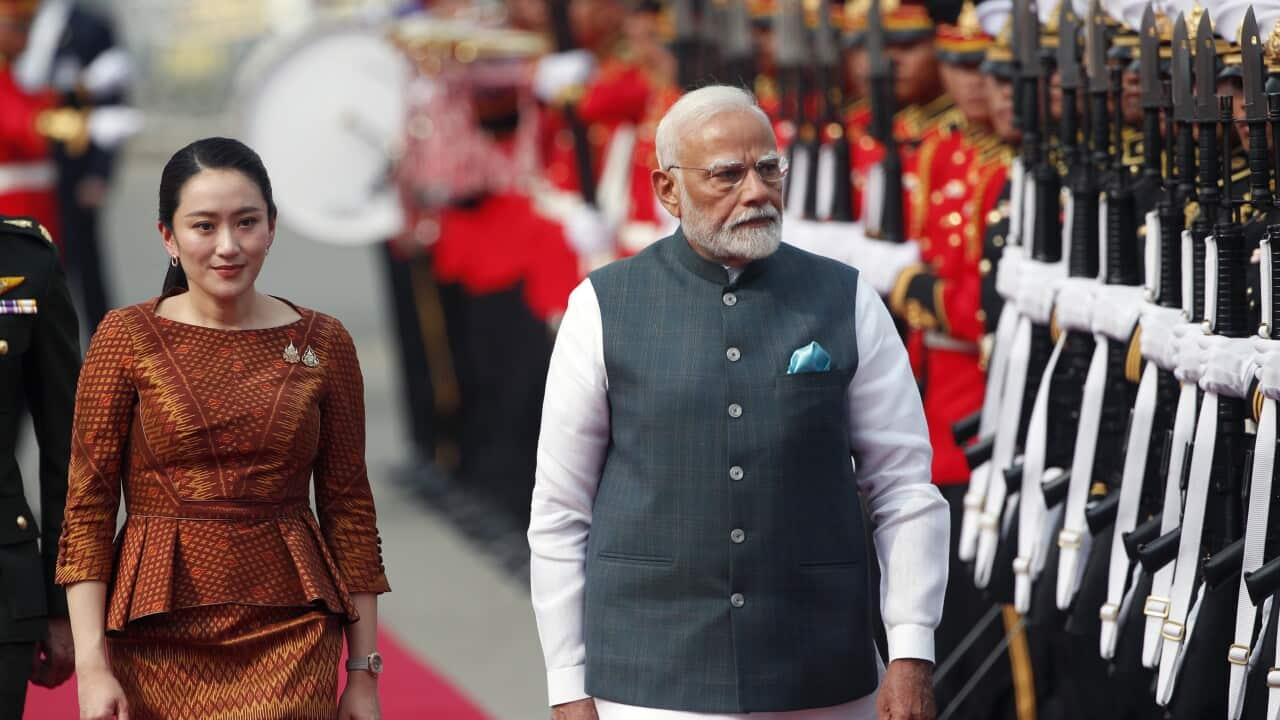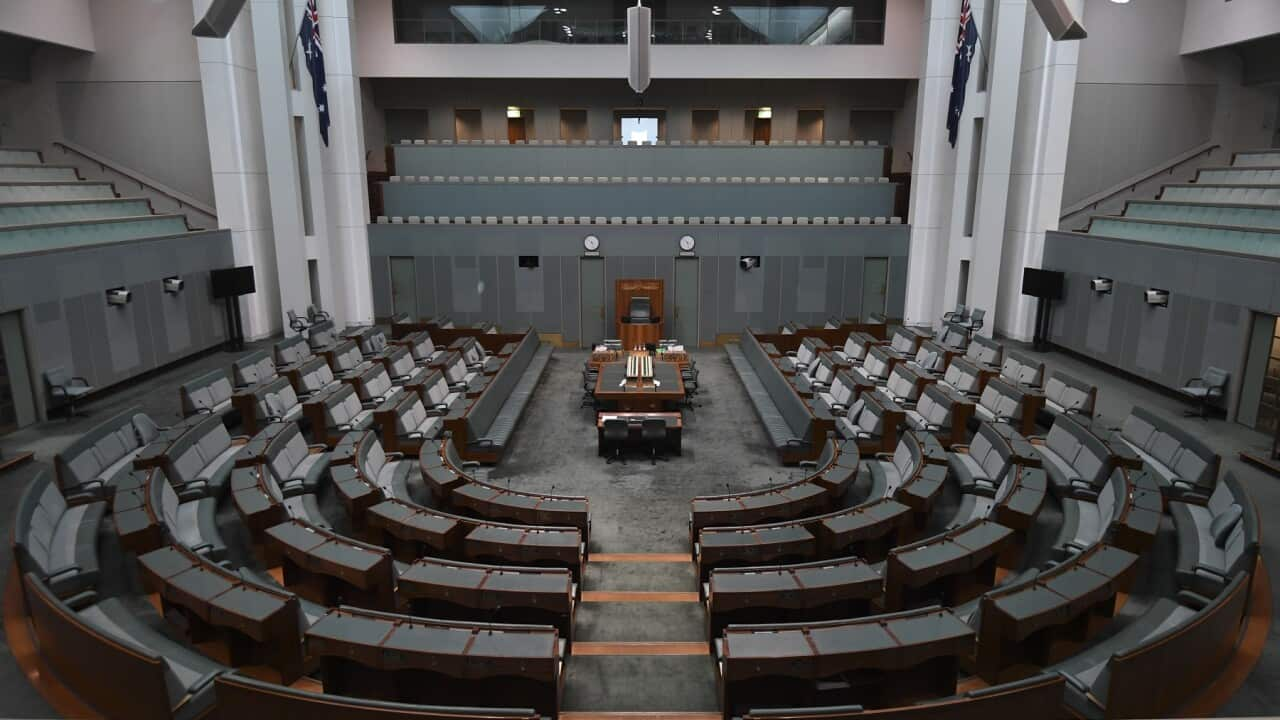Mr Tehan is in India to advance negotiations on a free trade agreement and promote Australia as a premium destination for students and tourists.
He will have several meetings with his Indian counterpart, Minister of Commerce and Industry, Consumer Affairs and Food, and Public Distribution and Textiles Piyush Goyal.
Highlights:
- Australian trade minister Dan Tehan is in India for further negotiations on a free trade agreement
- Australia and India are set to sign an MoU for further promoting travel and tourism
- Mr Tehan will promote Australia as a premium destination for students and tourists in India
The two will discuss further negotiations on the (CECA), according to an released by the trade minister.
“Goyal and I have been in regular contact over the Christmas/New Year period because we are both committed to concluding an interim free trade agreement. Nothing can replace face-to-face meetings to help speed up the process in the interest of both countries,” Mr Tehan said.
“Australia and India are important trading partners, and we share a strong desire to further enhance our bilateral trade relationship."
“A free trade agreement with India would be a boon for Australian businesses, farmers, and workers, creating new jobs and opportunities with one of the world’s largest and fastest developing economies.
“CECA is a potential game-changer in opening opportunities for both Australia and India. It is also an important piece of our post-COVID economic recovery,” Mr Tehan said.
Economic cooperation has been a key priority for both countries. Over the past few years, two-way trade has risen significantly. In 2007, the two-way trade in goods and services between the two sides stood at $13.6 billion and in 2020 it reached $24.3 billion.
India is the seventh biggest trading partner for Australia and the sixth biggest export destination for coal and education.
The two sides began negotiating for a free trade deal in May 2011. However, the negotiations were suspended in 2015 due to disagreements over several issues including agricultural and dairy products.
More than 10 rounds of negotiations have taken place so far. Last September, the two sides decided to conclude the long-pending free trade agreement by the end of 2022, as well as an early harvest trade deal before that.
In an early harvest trade agreement, both sides liberalise tariffs on certain goods preceding the conclusion of a Free Trade Agreement (FTA).
"This agreement may not be totally comprehensive but it covers sectors on which it is less difficult to negotiate. It helps to put a mechanism in place, build trust, and can incrementally include tougher sectors over time," former director Amitabh Mattoo explains.
"The two sides must act quickly, ink the early harvest deal first," he said while welcoming the trade minister's latest visit to India. "The entire political spectrum in Australia is in favour of developing stronger ties with India so I believe no matter which party is in power, the ties with India are bound to improve," he added.
"The entire political spectrum in Australia is in favour of developing stronger ties with India so I believe no matter which party is in power, the ties with India are bound to improve," he added.

Amitabh Mattoo, the former director of Australia India Institute (AII) in Melbourne. Source: Supplied by Amitabh Mattoo
India-born entrepreneur D D Saxena, who runs a $150 million oilseed crushing and refining plant in Wagga Wagga, said investments on both sides are key to deepening trade relations. Mr Saxena pointed out that Australian companies are not well versed with the risk attached in investing in India.
Mr Saxena pointed out that Australian companies are not well versed with the risk attached in investing in India.

D D Saxena, an Indian-born entrepreneur in Australia. Source: Supplied by D D Saxena
"Australian investors must understand that India is a developing market and is mainly an unorganised one so partnership would be the ideal thing to do."
Listen to the podcast in Hindi by clicking on the audio icon inside the picture at the top.






